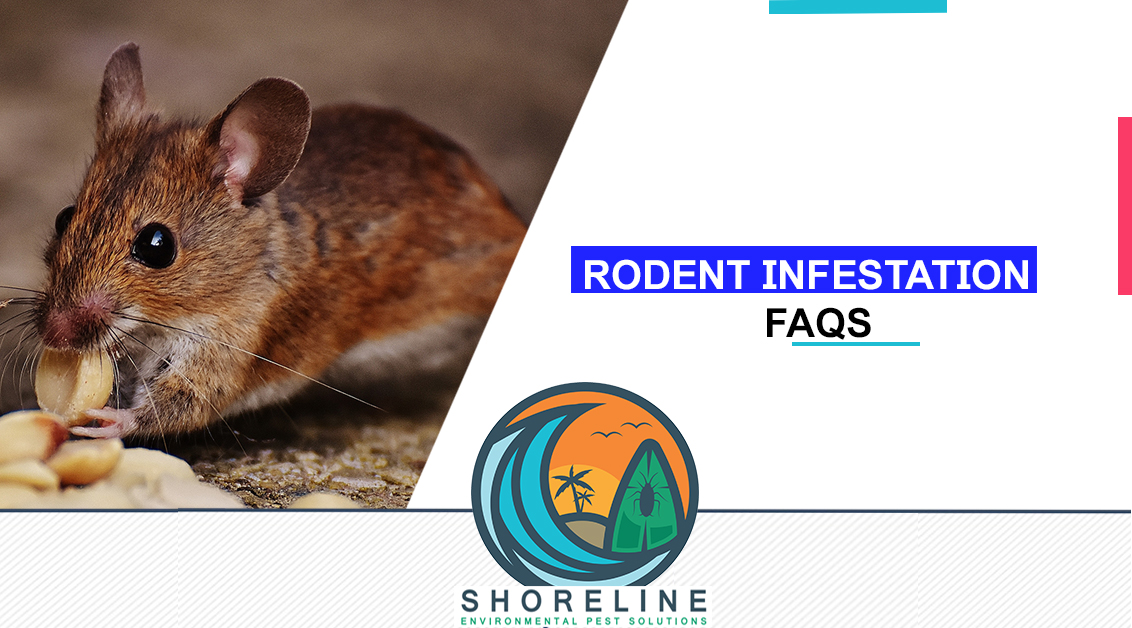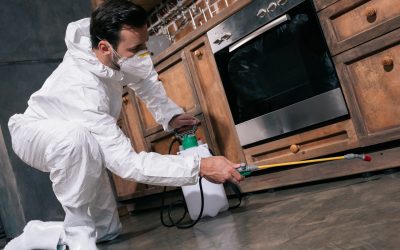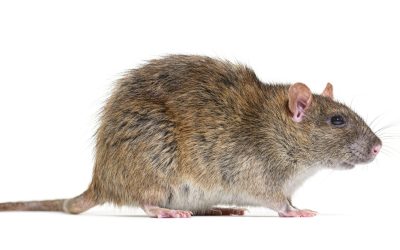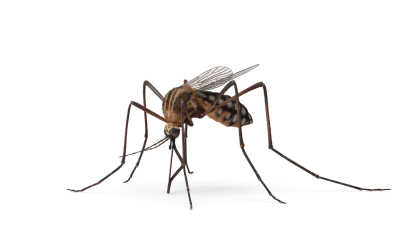Rodent infestation is a widespread problem in homes across the world. The issue affects one’s health and significantly affects their home décor. Rodents make mess and ruin furniture, create holes in walls, damage your carpets and eat your food!
To control rodents, you need to understand what causes them to enter your home and how to get rid of them. With rodents’ increased activity, they can turn your life into a nightmare. Here are some frequently asked questions about rodent infestation.
What are the signs of rodent infestation?
Rodents leave a lot of signs, clues, and symptoms. Below is a list of signs to look for when you suspect an infestation.
• Holes in drywall and baseboards, similar to bites but small
• Gnaw marks on pipes, damage to sump pumps, drip pans, and irrigation tubing; chewed electrical wiring.
• Rodent feces – evidence of an infestation in progress- The droppings are large enough to be seen by the naked eye against textured or stained surfaces (in a dark area) on walls, floors, and other surfaces.
What is the best way to get rid of rodents?
The best way to get rid of rodents is by using traps that have bait inside them. The baits can be put inside a trap near an area where the rodent has been seen, or it can be put in the food dish. This method is most effective when you place a few traps in areas with high traffic, such as near your garbage cans or behind your house, where they may enter through gaps.
Is rat poison harmful to children and pets?
Pets and children are exposed to rat poison when they find it in the house. Rat poison can be ingested by pets or accidentally contact their skin or fur, especially if they groom themselves after coming into contact with it.
Rat poisons can cause death in pets and may result in liver damage, kidney failure, heart failure, seizures, coma, paralysis, blindness, and more for children.
Children are also at risk of accidental poisoning from these products because they’re typically not stored safely away from kids.
What are the tips to prevent rodent infestation?
There are many ways that you can prevent rodents from infesting your home. You can take the following steps:
1. Maintain a clean house by regularly cleaning and vacuuming furniture and other home areas that could be possible rodent habitats.
2. Seal any holes or openings on walls, ceilings, floors, and cabinets with metal sheeting or expanding foam sealant so rats cannot enter through these areas of the house.
3. Repair or replace damaged electrical wiring in walls, pipes near the foundation, ceilings, windowsills, and door frames with steel mesh wire instead of plastic mesh wire, which rats may chew through easily to enter your home.
4. Keep trash in sealed containers that rodents cannot access.
5. Seal all areas of your house where the water goes through, such as pipes that go from the basement or sink upstairs into a wall-mounted drain hose in the kitchen area.
6. Also, seal all pipes going from outdoor water sources and underground so rodents cannot enter your home via these pathways. This can include rain gutters, downspouts, faucets, dripping pipes, and any other area where the water goes through.
7. Request a professional pest identification service if you cannot figure out the source of the infestation or cannot control it yourself in these ways.
What causes rodent infestation?
Rodents are small mammals that typically live in large groups. They can cause damage to your home and property, as well as spread diseases like salmonella and Hantavirus.
There are a few different reasons why rodents may be infesting your home or business:
• Food left out at night.
• Cracks in the foundation or walls of your building.
• Unlocked or improperly secured doors
• Trash left in a pile too long.
• Inadequate sewage system piping from the basement or other areas of your building, which is flooding with floodwater and gets into places where rodents can access them.
How do I Clean Up After Rodents?
Rodents can cause extensive damage to your house and property. Exterminators recommend a complete home inspection before beginning the cleanup process for them to get down into every nook and cranny of your home or business. Vacuum up any of the dead rodents that they have left behind to prevent any contamination from spreading.
Place paper or plastic containers with holes on each side outside for the exterminators to pick them up, preventing damage to your house where you cannot see on sight when rodents get into your home or business.
After your extermination service has left, make sure you disinfect the areas for which they have performed their work as well as anything that was damaged by rodents.
What should I do if rodent infestation is in my home?
If you notice a large number of rodents running around your house and it’s difficult to determine the source of the problem, an exterminationist can help. They may need to exterminate the rodents and their droppings and nests.
Many of these creatures can cause serious health risks such as salmonellosis and Hantavirus. Rodents are often carriers for diseases like tuberculosis, leprosy, the bubonic plague, cholera, and yellow fever. They can also carry tularemia, malaria, Eastern equine encephalitis, and Japanese encephalitis.
Rodent infestation is a common problem in different types of homes and businesses. They can be brought in by animals, such as mice, rats, squirrels, or even birds. Rodents are destructive and dangerous to humans because they carry harmful diseases like salmonella, leptospirosis, and Hantavirus.
If you do not have the time and expertise to invest in rodent control, hiring a pest control service would be the smartest idea.





0 Comments